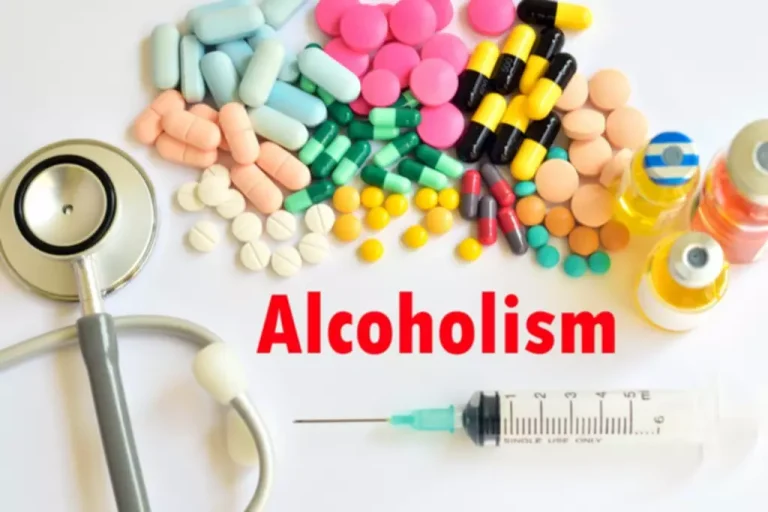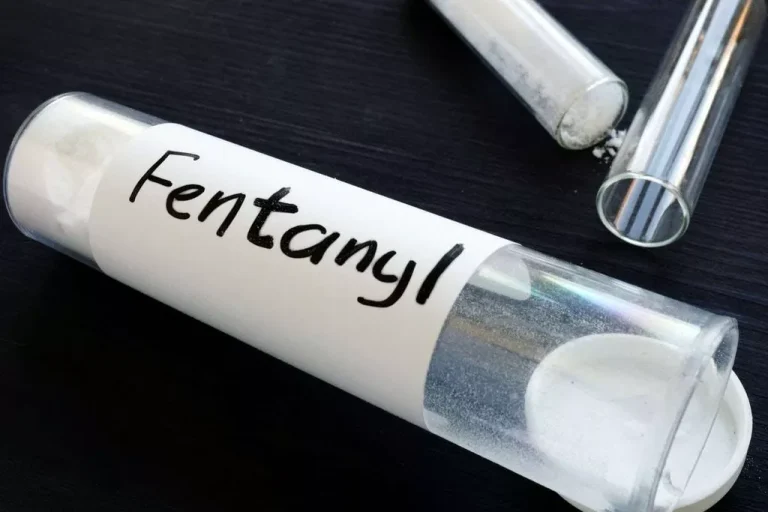The combo leads to the production of a metabolite called cocaethylene, which is considerably stronger than cocaine or alcohol alone. When snorted or gummed, coke how long does cocaine stay in your system needs to get through mucus, skin, and other tissues. It bypasses all that when you inject or smoke it, allowing it to enter the bloodstream almost immediately.
Cocaethylene, produced by the mixture of alcohol and cocaine, has a half-life that’s typically much longer than cocaine – around 4 hours. Essentially, this means that the amount of the chemical found in your bloodstream will be reduced by half every four hours after using. If you are an addict or heavy user, therefore, the chemical can stay in your system for days or even weeks. Cocaine is a stimulant that makes a person feel euphoric and gives them energy.
But it can also produce some not-so-pleasant psychological and physical effects. Healthline does not endorse the use of any illegal substances, and we recognize abstaining from them is always the safest approach. However, we believe in providing accessible and accurate information to reduce the harm that can occur when using.


The duration of a cocaine high depends on a few factors, such as the method of ingestion and how much you use, but it typically lasts approximately 15 to 30 minutes. Some people may experience lingering effects for hours after taking it, and the comedown effects can also last a few days. Clients at Carolina Center for Recovery will undergo a personalized journey through one of our highly effective treatment programs. Throughout treatment, clients experience the warmth and compassion of an entire staff that cares deeply about their success.
But when it comes to cocaine, it’s especially important to avoid doing so thanks to cocaethylene. This is because the two substances, when combined, actually create a new chemical. Unlike other metabolites of cocaine like benzoylecgonine, cocaethylene is an active metabolite, meaning it has a direct effect on the body and its organs. Ultimately, cocaine abuse is incredibly addictive, particularly dangerous, and especially widespread today. Cocaine is a fast-acting drug that usually leaves the body quickly. Even if it’s present in the body for several hours, the high will only last 5–30 minutes after the last dosage because the body adjusts very quickly to the changes that cocaine causes.

